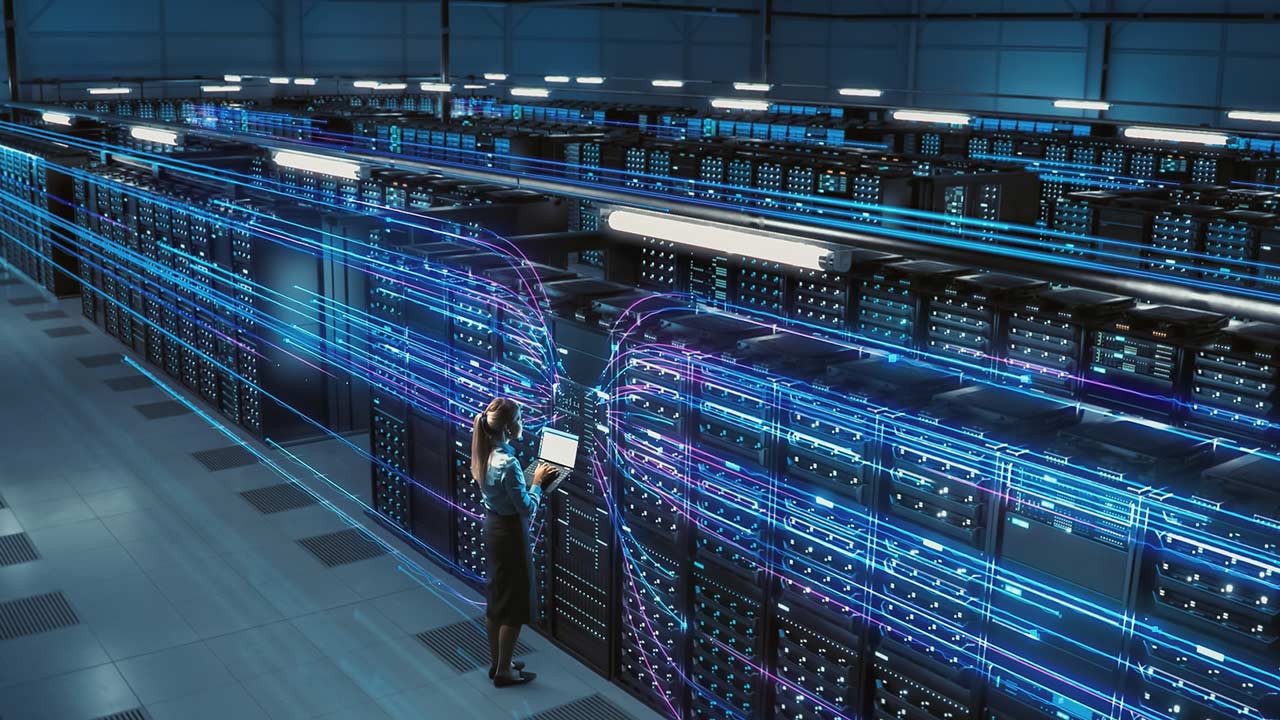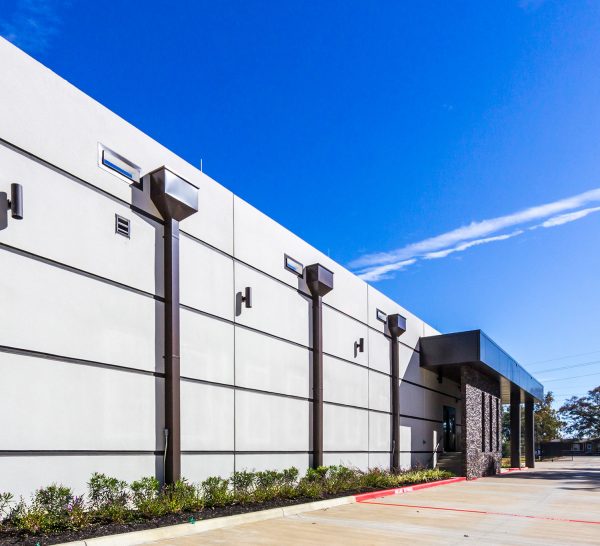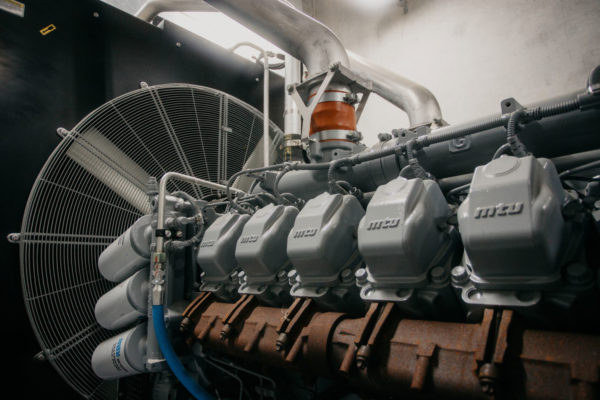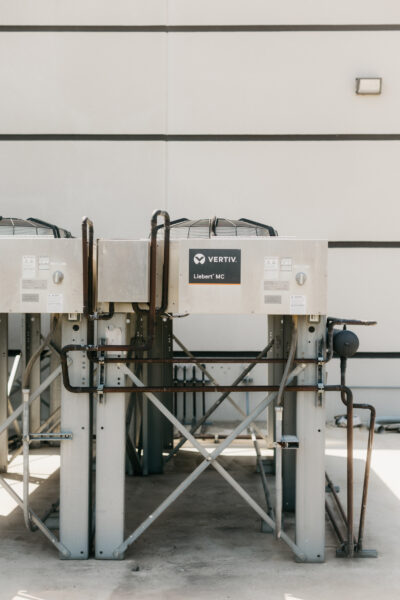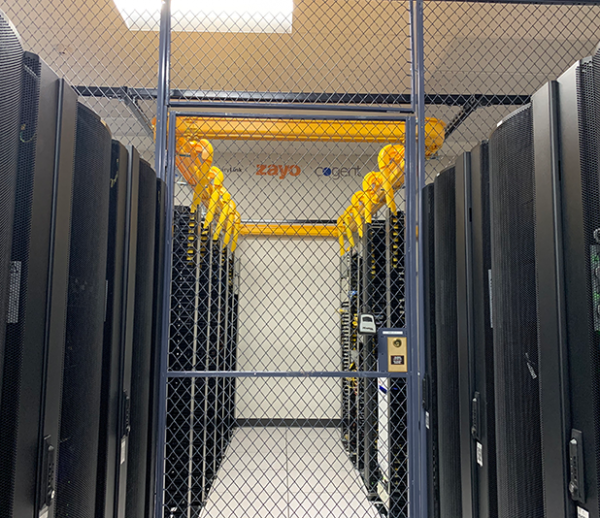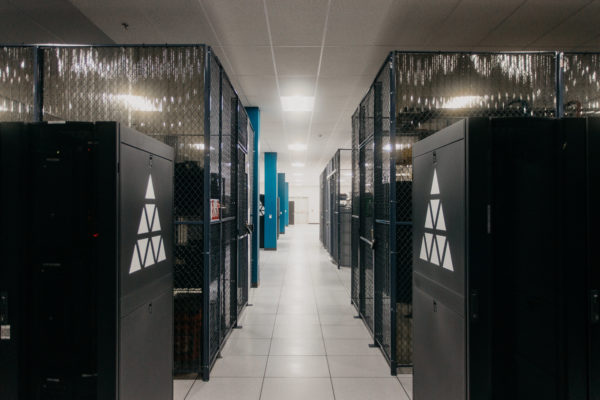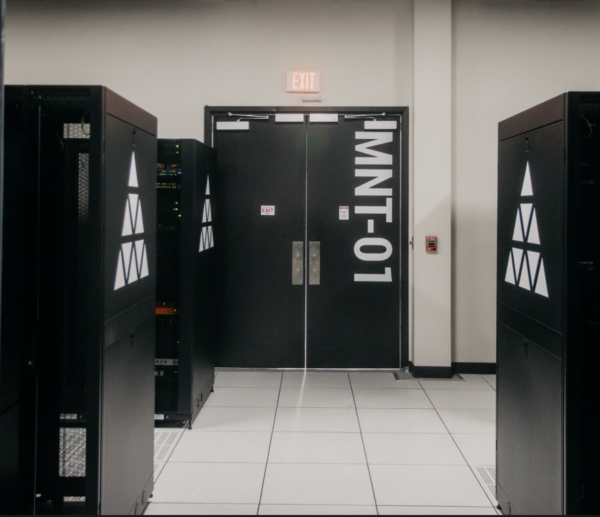In the digital age, the exponential growth of data and the relentless demand for artificial intelligence (AI) applications have converged to reshape the landscape of data centers.
These facilities, once relegated to housing and managing servers and storage, have now become the beating heart of AI-driven innovation. As organizations across various industries increasingly rely on AI to gain insights, automate processes, and enhance customer experiences, the demands placed on data centers have surged to unprecedented levels.
In this guide, we delve into the intricate relationship between AI and data centers, exploring how the insatiable appetite for AI capabilities is driving the evolution, expansion, and transformation of these critical infrastructure hubs.
How Are AI Demands Affecting Data Centers Growth?
AI in data centers is a double-edged sword. On one hand, as organizations embrace A, their storage and computing requirements grow exponentially, putting ever-greater demands on the data centers that serve them.
On the other hand, as AI technologies are employed within data centers themselves, their capabilities and efficiency grow to meet and exceed these new challenges.
The growth of businesses and organizations leveraging AI has led to a surge in demand for high-performance computing and storage solutions. Increasingly, customers need the use of advanced hardware capable of handling intensive processing tasks.
Meanwhile, AI is revolutionizing data center operations. By integrating AI technologies, data centers are optimizing their resource allocation, predictive maintenance, and security measures. AI algorithms can efficiently manage data center workloads, optimize energy usage, and predict potential system failures, improving operational efficiency and reducing downtime.
AI marks the dawn of a new era in data center evolution—smarter, faster, and more reliable.
The Impact of AI on Data Centers
The deployment of sophisticated AI algorithms and machine learning models in data centers has greatly enhanced their operational efficiency and effectiveness.
AI systems can regulate power usage and cooling mechanisms reactively, tailoring them to the current workload in real time, reducing both energy expenses and environmental footprints. AI can also be used to identify potential equipment failures, enabling enhanced predictive maintenance and minimizing downtime.
Additionally, AI can greatly strengthen data security in data centers, using advanced algorithms for early detection and mitigation of cyber threats to help protect vital data.
The Improvement and Rise of Colocation Services in the Age of AI
As AI supercharges data and computational demands, colocation services are becoming increasingly attractive to more businesses.
Unlike traditional on-premises or cloud-based solutions, colocation services like our Houston Colocation data center provide shared physical infrastructure for multiple businesses to house their server and networking equipment. Flexible, scalable, and cost-effective colocation is especially attractive to companies that are putting AI at the center of their operations.
For businesses leveraging AI, colocation provides the advanced hardware capabilities they need without the substantial investment needed to maintain a private data center expansion.
Unlike cloud services, which offer virtual resources, colocation provides a physical infrastructure with greater control over hardware and potentially better performance for intensive AI tasks—crucial for AI applications with sky-high computational power and data storage capacity needs.
Furthermore, colocation data centers enhanced with AI can manage shared resources such as power and cooling more effectively than traditional data centers. AI-enabled optimization leads to better performance, especially for the demanding workloads typical of AI applications, and more efficient use of energy—a key consideration for cost and environmental impact.
Predictive maintenance is another key advantage of AI-powered colocation. With multiple clients relying on the same physical infrastructure, identifying and resolving issues in a timely fashion is key to maintaining high uptime.
Security is another area where AI-enhanced colocation centers shine. In contrast to cloud services, where data security is often managed by the service provider, colocation enables businesses to implement their own security measures, with the added benefit of AI’s advanced threat detection capabilities.
This dual-layer security approach is particularly appealing for companies handling highly sensitive or proprietary data.
How Does AI Streamline Data Center Operations?
AI is helping data centers adapt to new workloads, address operational shortages, and lower costs. Let’s take a more detailed look at how AI is reconfiguring data center operations in these key areas.
Adapting to New Workloads
Data centers are deploying AI to adapt to new and evolving workloads. As businesses adopt AI-driven processes, their data demands grow more complex and variable.
Data centers can use AI to predict and manage these fluctuating demands, allocating computing and storage resources more precisely and efficiently.
Addressing Key Shortages
In the realm of data center operations, rapid scaling often precipitates key shortages in skilled labor and advanced technological capabilities.
By automating complex processes that would typically require specialized human expertise, AI can help bridge these gaps. For instance, AI can undertake network management and optimization tasks, reducing the need for a large team of network specialists. This not only addresses the issue of labor shortages but also enhances operational accuracy and speed.
Lowering Costs
Implementing AI can significantly reduce the operational costs of data centers. By optimizing energy consumption through intelligent cooling and power management, AI reduces one of the largest expenses in data center operations.
Additionally, AI’s predictive maintenance capabilities forecast equipment failures before they occur, preventing costly downtimes and emergency repairs.
Reconfiguring Operations
AI is reconfiguring the very foundation of data center operations. By introducing advanced data analytics for real-time decision-making, AI data centers can have more efficient and responsive operations.
AI systems can oversee a range of functions, from server optimization to security protocols, creating a more integrated and intelligent operational framework.
AI Data Centers: What Does the Future Hold?
Looking ahead, it’s clear that data centers are moving towards even deeper integration and more sophisticated AI applications.
The next phase of AI’s evolution will see even greater automation and predictive capabilities. Data centers will not only respond to current demands but also anticipate future needs, adjusting their resources reactively.
Furthermore, the synergy of AI with other emerging technologies like edge computing and the Internet of Things (IoT) is likely to create whole new paradigms for data storage and processing.
Data centers are set to become much more than repositories of information. They will be intelligent hubs that can analyze, predict, and respond in real time to the changing landscape of digital demands.
As AI continues to revolutionize wider society, it will become ever-more indispensable in data centers.
Get Advice on AI in Data Centers
Do you want to harness the power of AI in your data center operations?
Whether you’re just exploring AI integration and don’t know where to start, or if you’ve already embraced AI and are looking to scale your operations, TRG Data Centers can provide expert guidance.
Our specialists at TRG Datacenters can provide tailored advice and solutions that align with your needs.
Contact us today for more information!
Looking for GPU colocation?
Deploy reliable, high-density racks quickly & remotely in our data center
Lease the most reliable GPUs
Our partners have B200s and L40s in stock, ready for you to lease today
